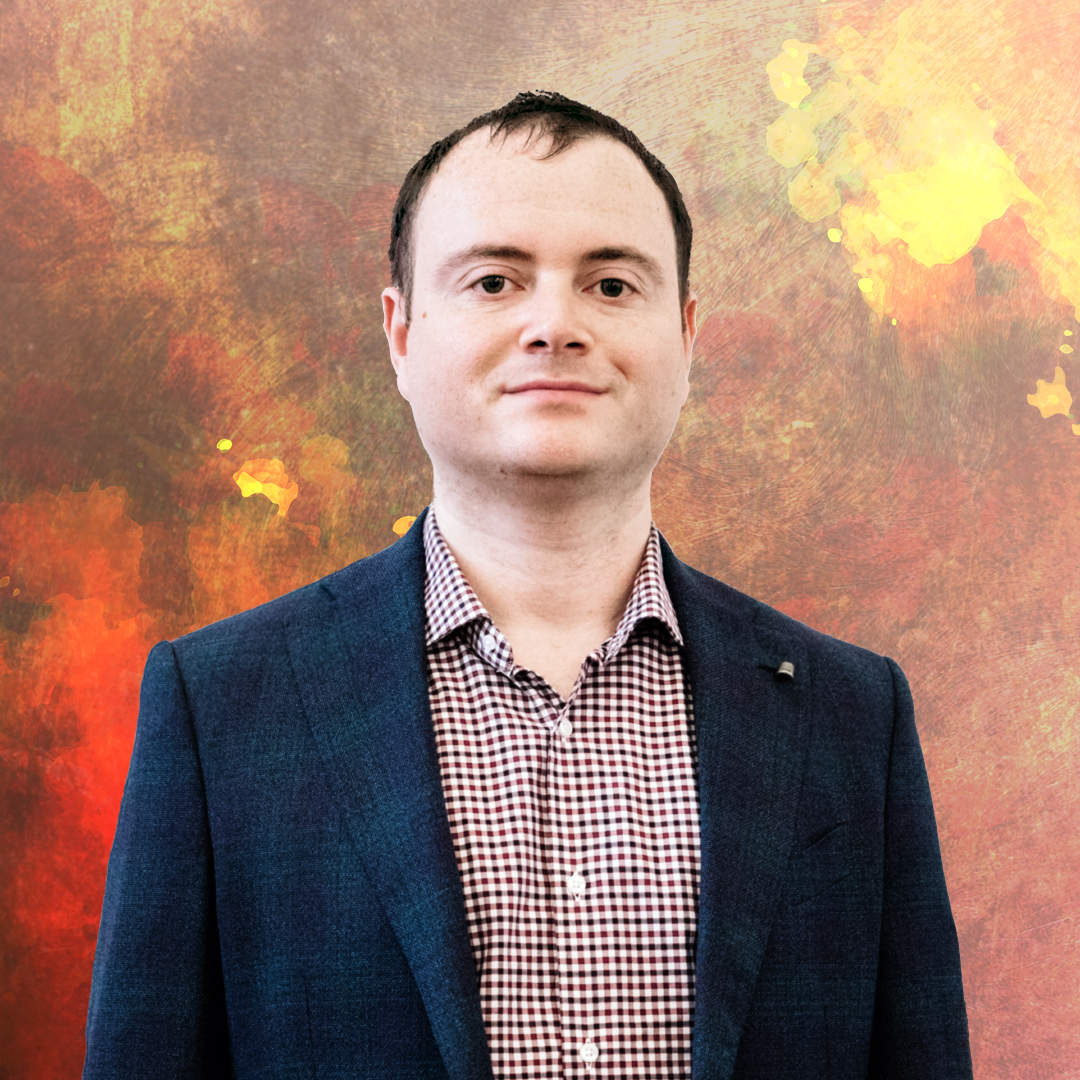There’s a paradox in the venture industry. Investment textbooks recommend valuing the startup’s team first. They mean that the project’s business model and the rest can change but the founders are a constant. They are its essence, they will be decisive about its success or failure. In reality, however, nothing stops the founder to quit the project and start a new one any day. The investors would be left alone with a piece of unintelligible code and losses on contracts, and the star team begin everything anew but with 100% of shares. I have a personal experience like this: I read today about another record-breaking revenue they have, but I don’t make a penny of it.
Humanism, the American ‘Russian-speaking’ startup of the day, solves this contradiction in the most direct way: it suggests investing in people. In its model, the entrepreneur creates a company in their own name and enters into an agreement with it to give all their existing and future assets into it. And then this company can issue shares that will be traded through Humanism, legally it will be an absolutely regular construct without any token or smart contracts.
The critics say that the conditions are worse for the startup entrepreneurs compared to regular investments into a project. It seems it could be compensated by higher valuation, – the investor is better protected after all, – and the balance is found. But simply ‘launching’ a new class of assets, tell everyone that it also works, – this would be a challenge. And the system will not work without a critical mass.
As of now, Humanism only has a landing and a wait list opportunity. The founders have manually completed at least two deals, including one for themselves.

Alexander made his career in Russian internet companies including Mail.Ru, Rambler, RBC. From 2016 to 2018 he was Chief Strategy and Analytics officer in Mail.Ru Group. In this position, he worked on M&A, investments, and new project launches. In 2018 he became Deputy CEO in Citymobil, a Russian Uber-like company that was invested by Mail.Ru Group and Sberbank (the biggest Russian bank), then he left the company to launch his own projects. Now Alexander is a co-founder of United Investors – the platform for co-investments in Russian early-stage startups. His blog #startupoftheday (#стартапдня) is one of the most popular blogs about startups in Russia.





